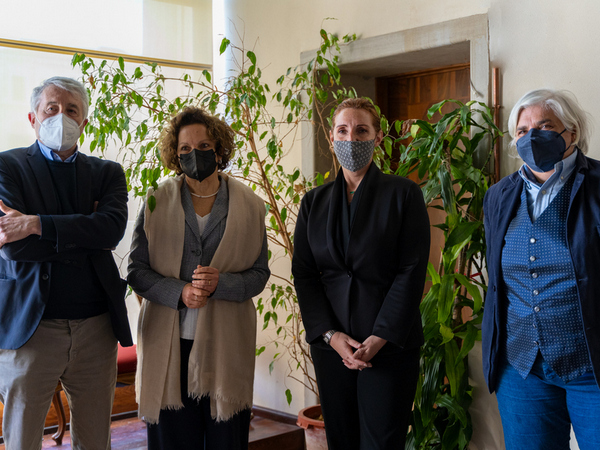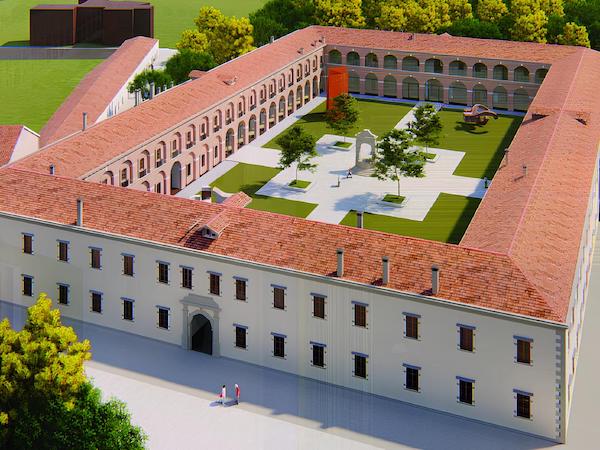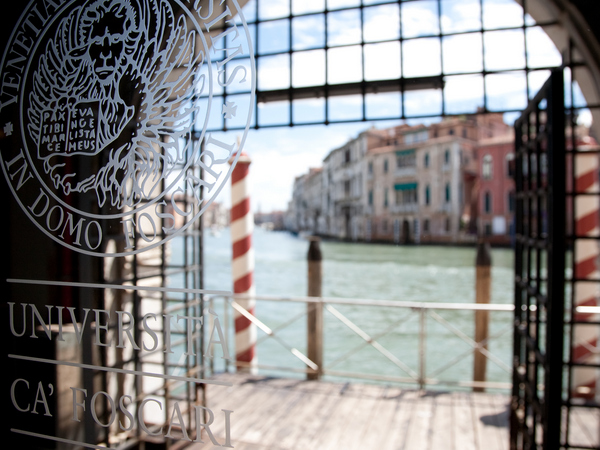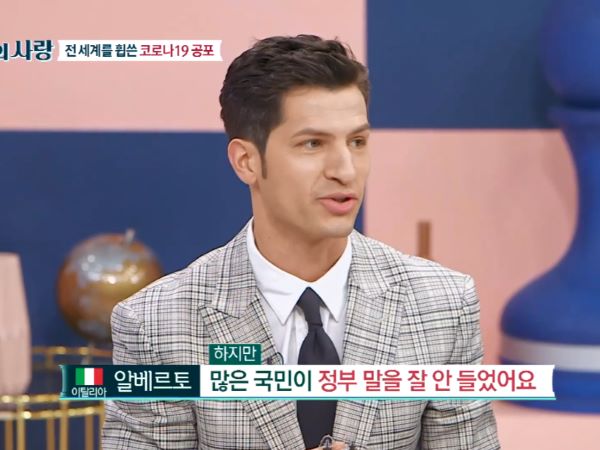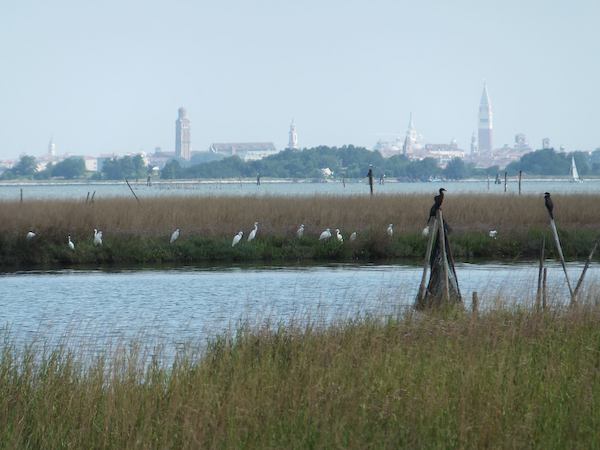The New European Bauhaus initiative, launched by the President of the European Commission, Ursula von der Leyen, aims to design new ways of living in the cities and territories of the future, with the goal of combining sustainability, inclusivity and beauty.
This project brings the Green Deal into the places we live in every day and promises to improve them with innovative solutions based on 3 key principles: sustainability, aesthetics and inclusivity.
Today, Ca’ Foscari and IUAV take the initiative by putting Venice forward as a candidate city in the run for 5 pilot projects that the European Commission will select and finance across the European Union. The dates of the call are to be announced, but it is expected that a call for proposals will be published soon, and from then onwards the two Venetian universities and their partners will work together to achieve this ambitious goal. Ca’ Foscari and IUAV are supported in their joint effort by the Municipality of Venice and Veneto Region, Venice Academy of Fine Arts, Benedetto Marcello State Conservatory of Music, Soprintendenza Archeologia Belle Arti e Paesaggio, Venice Biennale, Fondazione di Venezia, North Adriatic Sea Port Authority, Confindustria Veneto, Association of International Private Committees for the Safeguarding of Venice.
The proposal has been welcomed by all the parties involved and the next aim is to acquire an international outreach by involving European institutions and developing an international network of planning and dialogue, in order to face the challenges of the cities of the future, together.
The city of Venice reflects contemporary societal issues. For this reason, it can become a model of the solutions that will enable us to build a global future, shaped by sustainability, inclusivity and beauty. The fragile balance of this lagoon city mirrors the fragile balance of the world, which is experiencing the effects of an environmental crisis that will radically change our lifestyles and social configurations. The topics of inclusivity and socio-economic sustainability are crucial in this global challenge.
The two universities are developing research areas that include sustainability (of the environment, food, health, construction, transportation and mobility), sustainable finance, social cohesion, the fight against inequality and marginalisation, social integration and innovation policies, cultural heritage, sustainable tourism, and technology. These are the areas in which Ca’ Foscari, IUAV and their partners will work together to design a proposal of the Venice of the future, an approach that could be replicated elsewhere.
Tiziana Lippiello, Rector of Ca’ Foscari University of Venice, has stated: “The New European Bauhaus is a unique opportunity to rethink our ways of living after the pandemic, to reconfigure our spaces and our lifestyles in a sustainable, inclusive way. It was imperative that Venice respond to this initiative by means of its universities. The European Commission asks creative minds from all over Europe to engage in projects that aim to improve the life of all citizens. These topics have been at the centre of Ca’ Foscari and IUAV’s agenda for years, as attested by the projects already launched and those that are about to be launched. The enthusiastic response of the city’s administration and cultural institutions confirms that Venice is ready to face the challenges of the future in a new, shared and participatory way, by adopting a long-term vision and international openness. For our city, the New European Bauhaus is an opportunity to network, to go beyond local and national borders, and to establish strong and lasting relationships with the other European countries, as we look with hope towards a common goal.’
The Rector of IUAV University, Alberto Ferlenga, has stated: ‘Today Venice rediscovers its historic role as a microcosm, as a physical place which is the converging point of the current problems and solutions on a global scale and timeline. The lagoon can be the testing ground for radical experiments which can be exported globally. The New European Bauhaus in Venice would be an extraordinary opportunity to relaunch a new humanism on a global scale; it would allow society to regain a central role in environmental terms, and geography to support history. The project aims to build a path for the necessary ecological transition, giving life to the slogan Form Follows Planet. Venice has always been a model in which the topics of social inclusion and environmental impact unite in projects that, on a small scale, prefigure and forerun global modifications: Venice as Forerunner of the Planet.’
In preparing for the city’s candidature, Ca’ Foscari and IUAV have embarked on the design phase of the initiative and will publish a website in which the projects that are currently being developed will be grouped and coordinated so as to define their New European Bauhaus proposal. The website will be open to Venetian citizens and to all those who wish to contribute their vision to the initiative.





